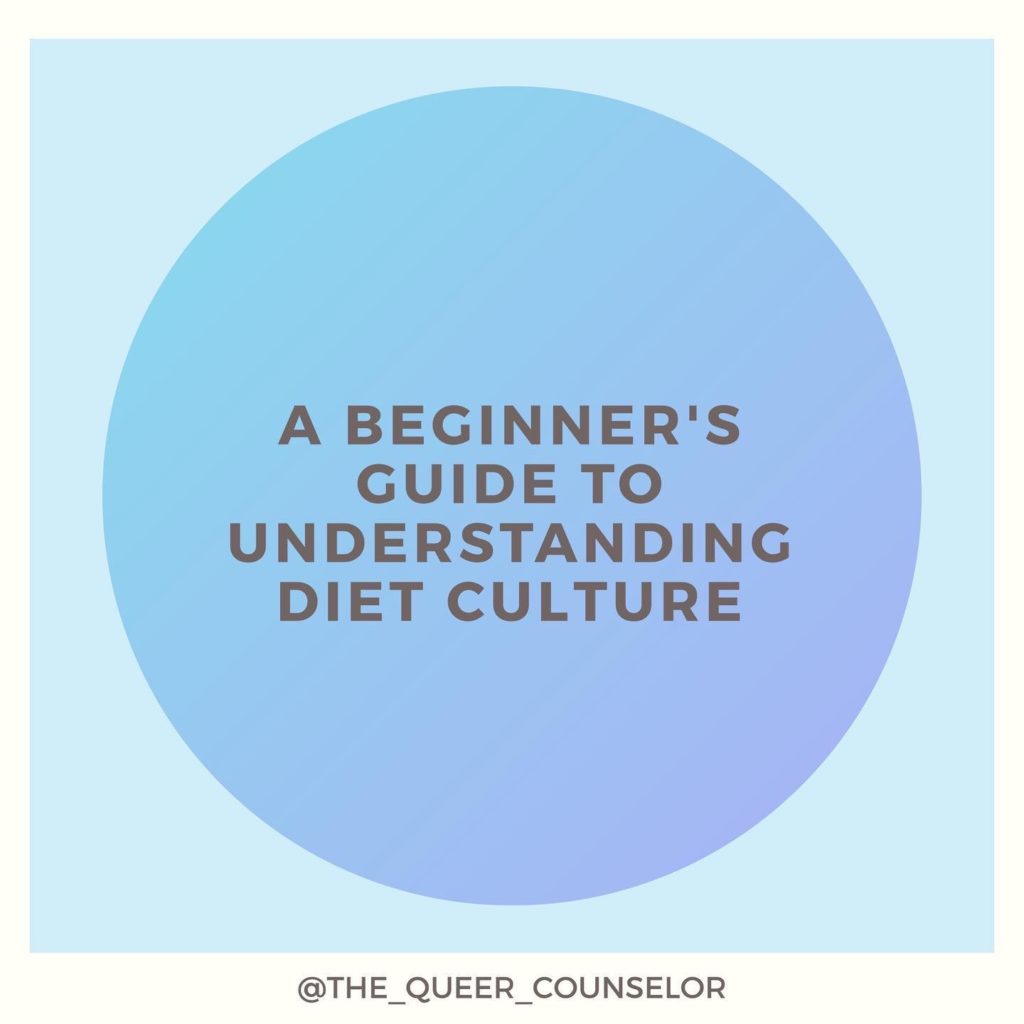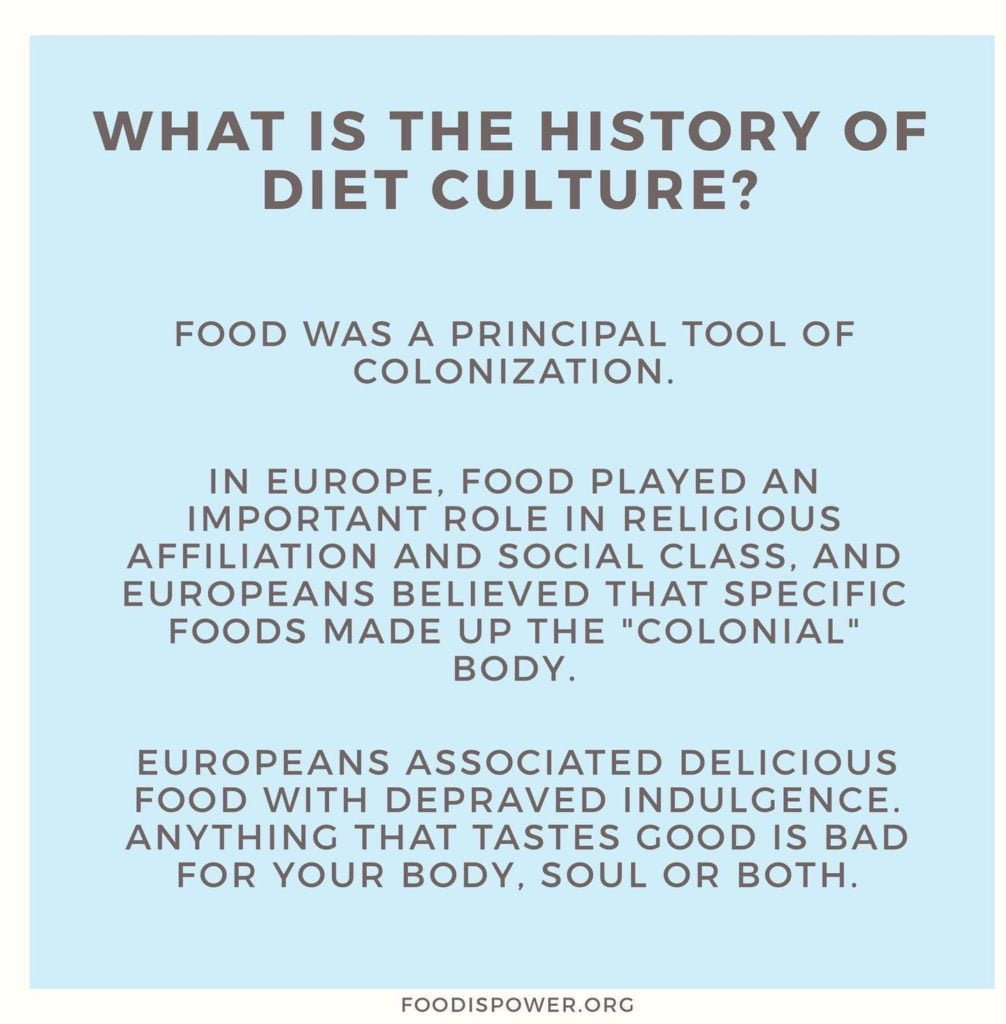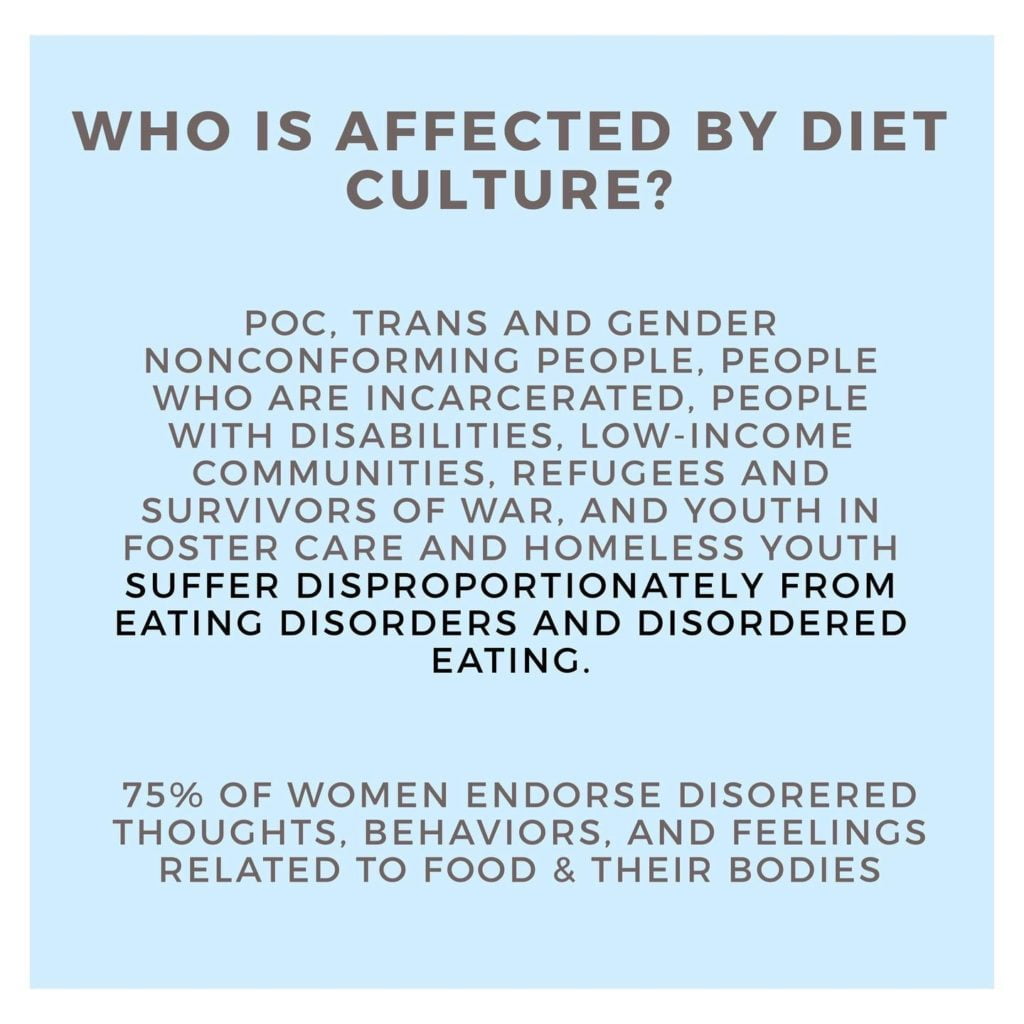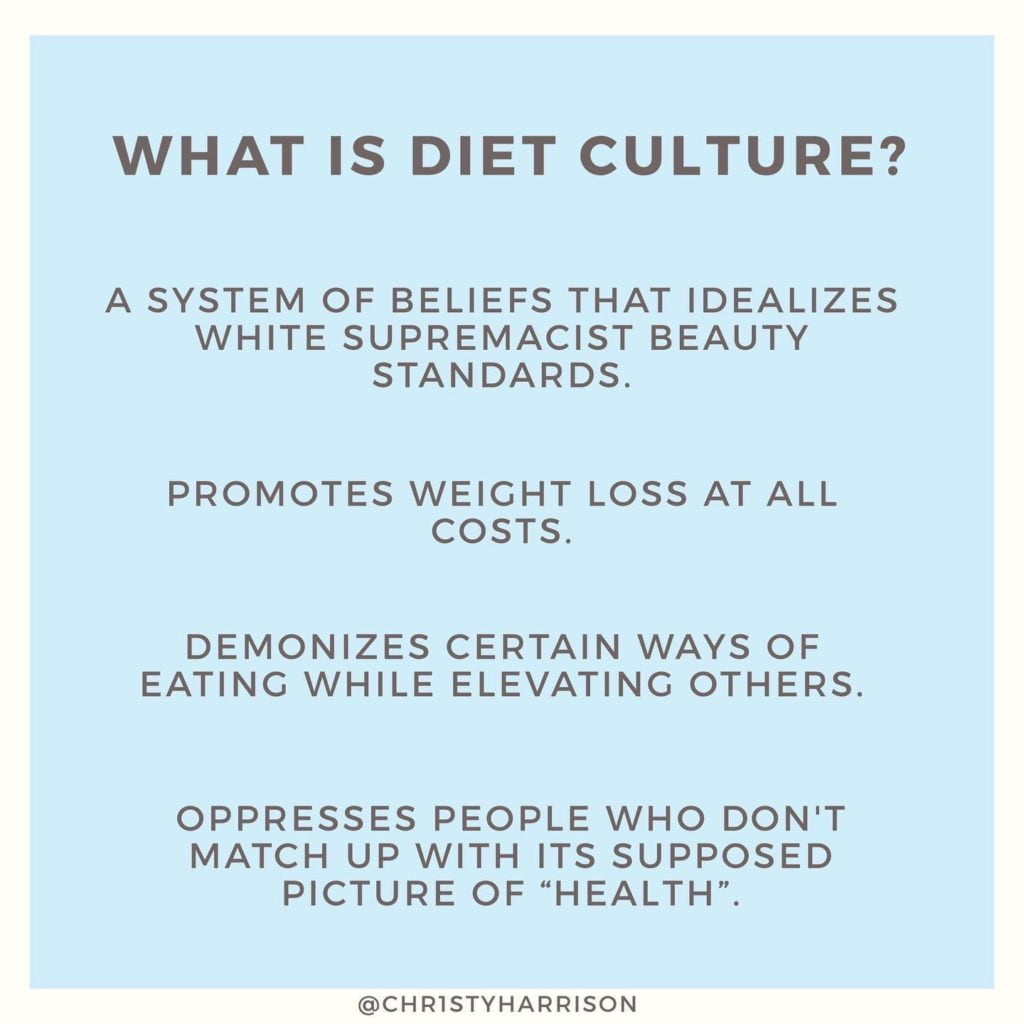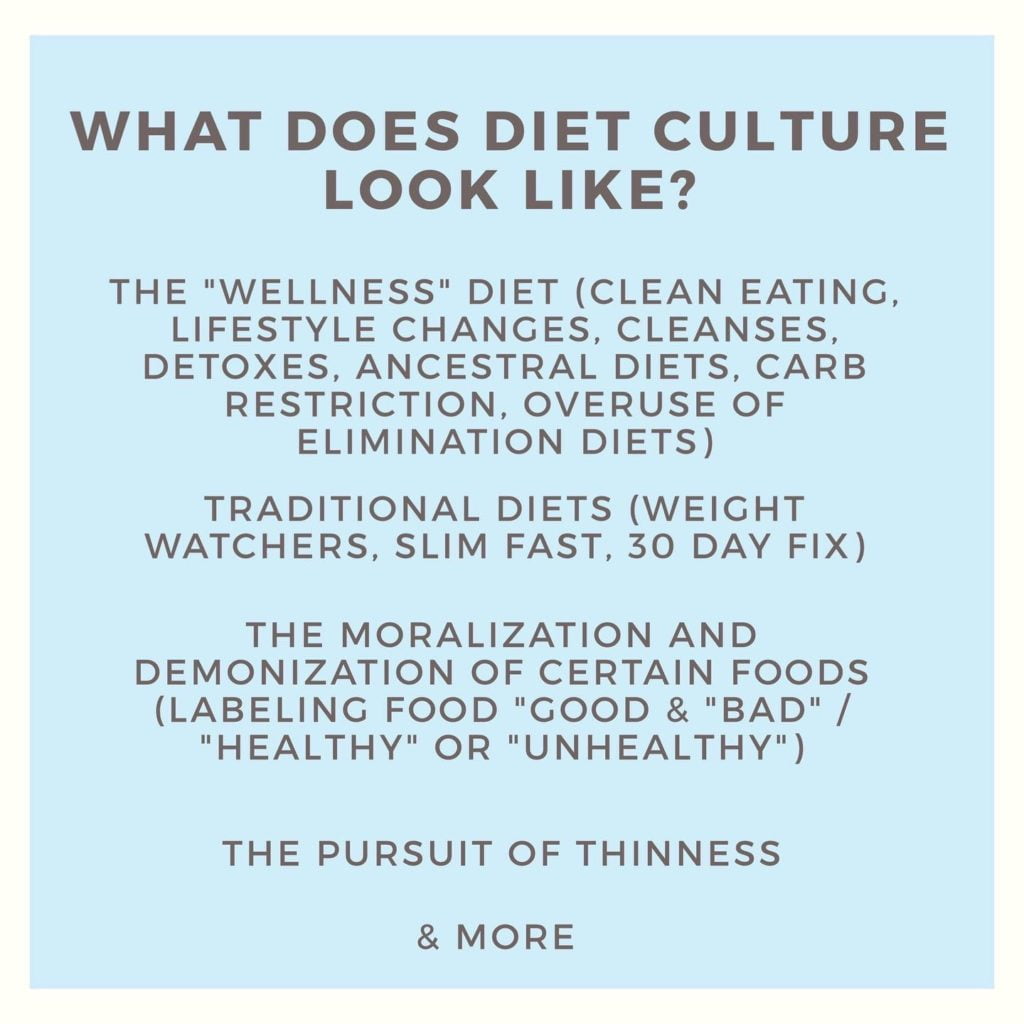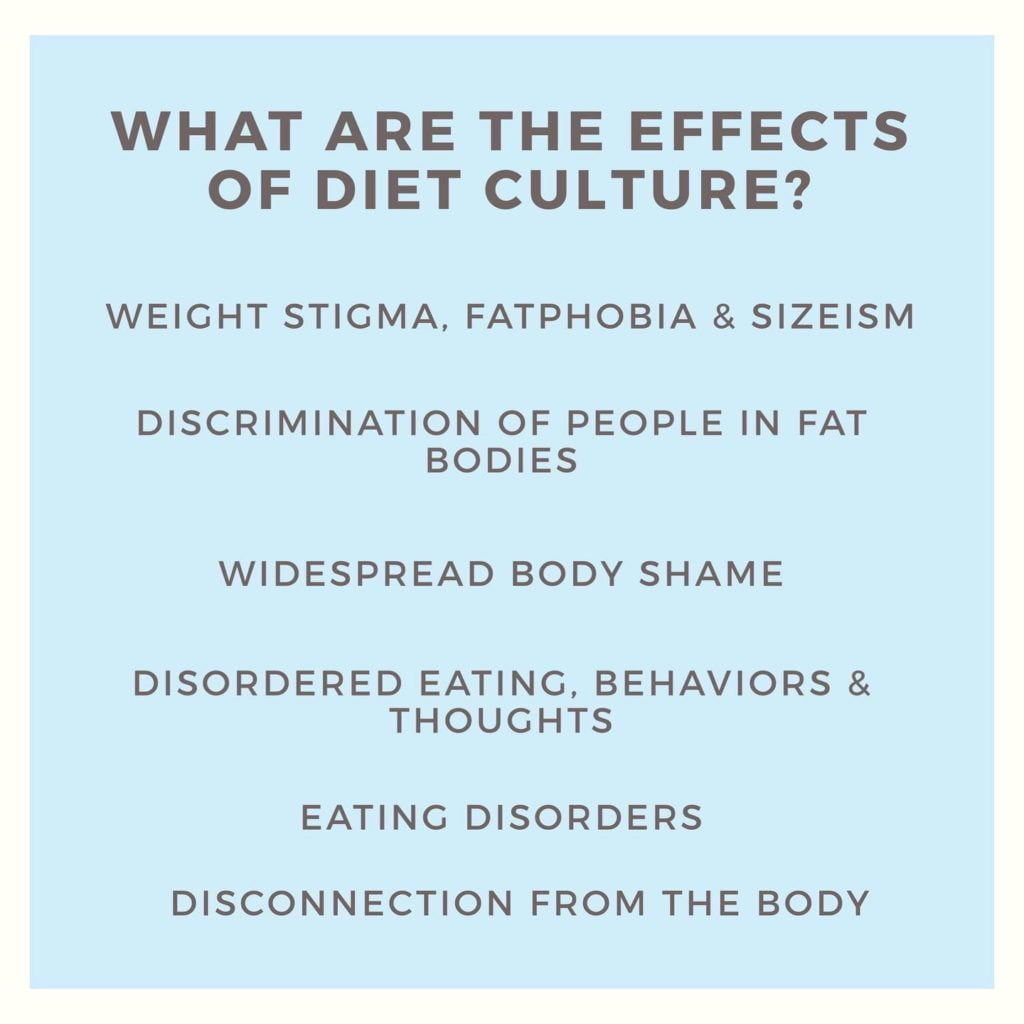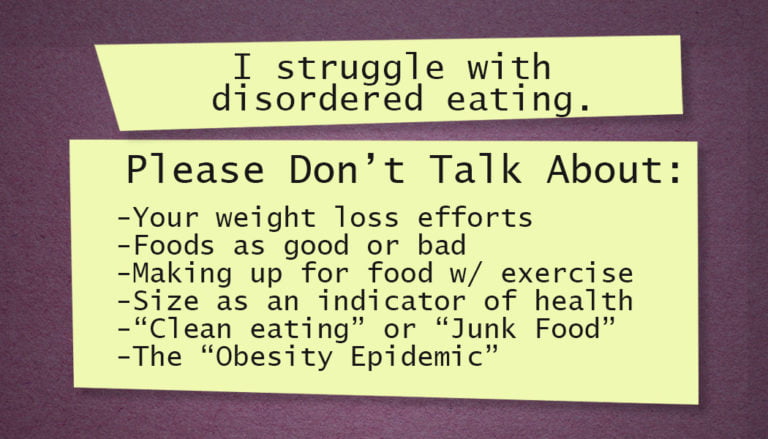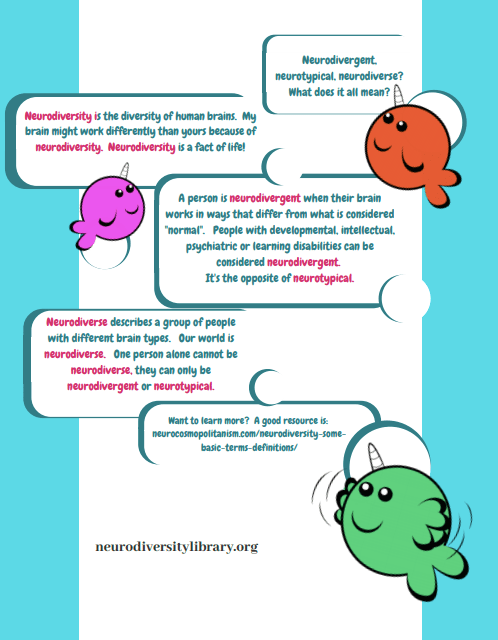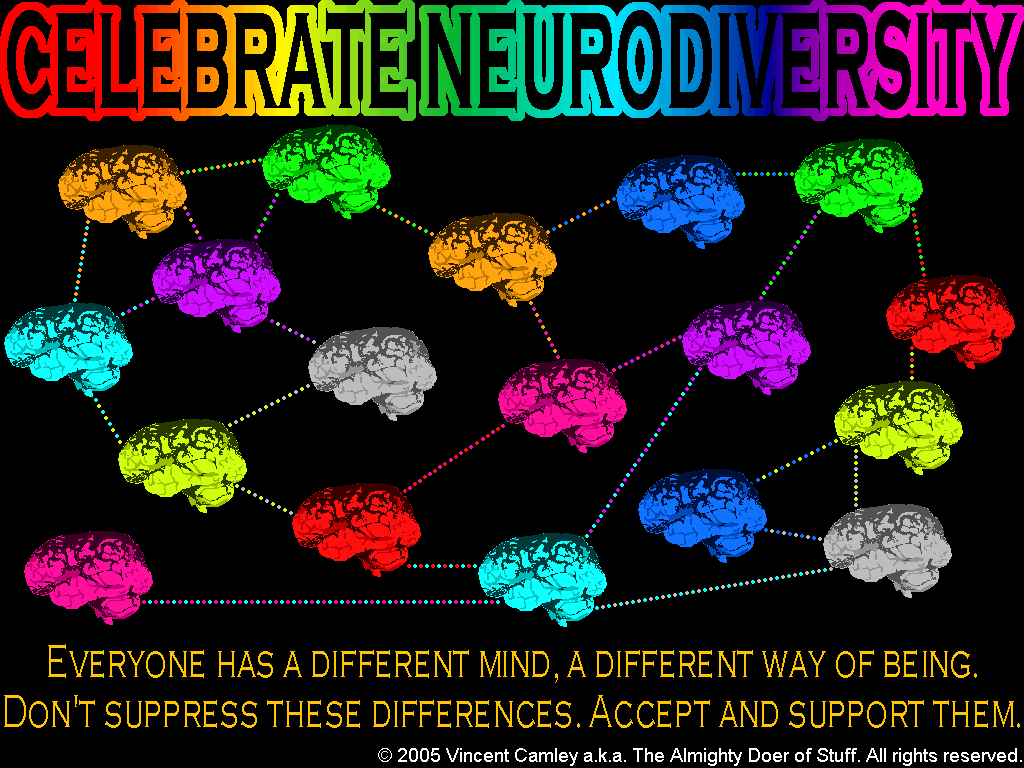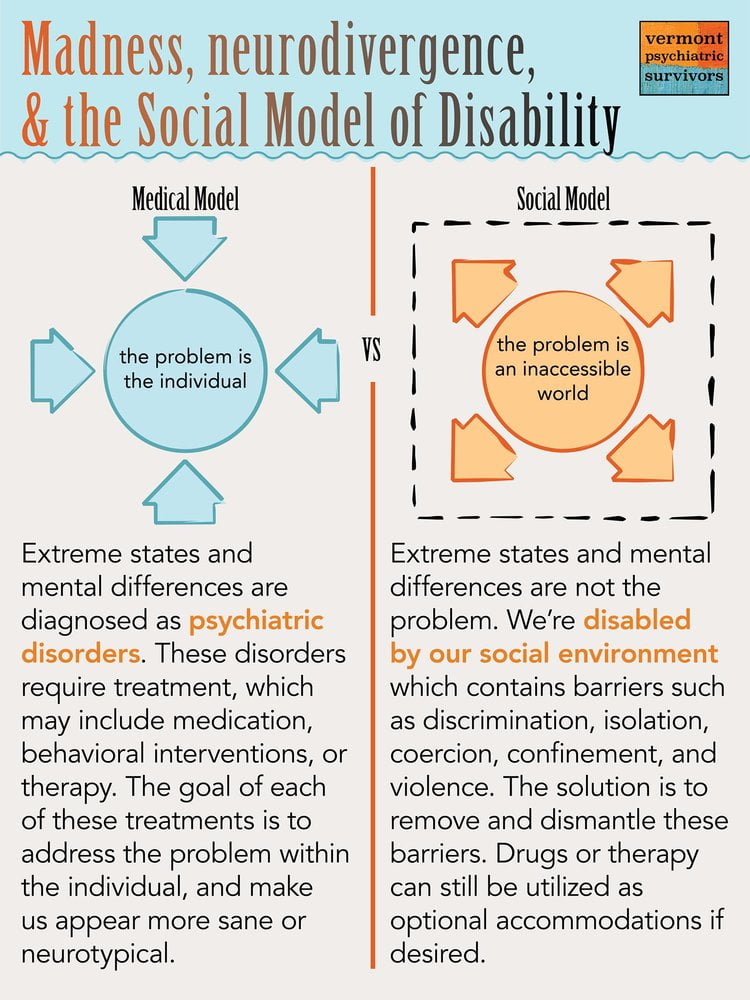Our Inclusion Statement (It's Really Good)
At our wedding and as a family going forward, we actively renounce the pervasive cultural notion that being thin, athletic, able-bodied, able-minded, and neurotypical is inherently more valuable than not conforming to those standards. We ask that guests respect the bodies, minds, needs, and choices of the other people who surround them.
We are very excited that our wedding will be a space to celebrate love of all kinds – not just the love that we (Shira and Andy) feel for each other, but also the love that we feel for our biological and chosen family. We strongly believe that everyone is valuable and inherently deserves to be loved. We believe that experiencing joy, satisfaction, nourishment, and pleasure is each person’s birthright and does not need to be “earned” or qualified.
Our wedding is a positive space for invited guests of all dis/abilities, psychological and emotional states/characteristics, neurodivergences, sizes, appearances, gender identities, sexual orientations, ethnicities, and spiritual/religious backgrounds. We are thrilled to celebrate diverse identities and diverse forms of love.
What We Believe
We both believe strongly in the paradigms of neurodiversity, Mad Pride, disability justice, and Health at Every Size. These paradigms celebrate and value the unique physical, psychological, and neurological traits, characteristics, and experiences that are often labeled, diagnosed, and medicalized. Strong emotions, fidgeting/stimming, crying, being weird/awkward, etc. are all welcomed and embraced; similarly, ll food and movement choices are equally valid, and it is 100% acceptable to have low energy, fatigue, malaise, and other chronic illness/disability experiences.
We also believe in the social model of disability, which emphasizes the need for societal, social, and familial acceptance of people with mental, emotional, neurological, and physical disabilities, as opposed to fixing or changing the disabled person.
We have sought to make our wedding as accommodating and accessible as possible for Mad, neurodivergent, and psychiatrically/emotionally disabled folks. For example, since many neurodivergent folks find “small talk” to be inaccessible, we will provide conversation starter cards to help guests connect on a deeper level.
Basic Tips to Maintain a Positive Space
- Respect strong emotions and remember that crying is okay here 🙂
- Try to get past the initial “small talk” – don’t be afraid to ask about people’s dreams, hopes, thoughts on marriage, etc.
- Stay positive about everyone’s body size, food choices, appearance, clothing, choice to wear or not wear make-up, occupational/career choice, etc. Remember it is a judgment free zone.
- Please be respectful of everyone’s substance choices. Some neurodivergent folks prefer not to drink; others may find drinking helpful in social situations. All of the above is welcome and accepted.
- Neurodivergent and disabled people sometimes speak in more metaphorical or non-linear ways – that is also okay!
- If someone identifies as Mad or neurodivergent, feel free to ask about it! Many of us consider these parts of our identity to be part of our culture and community, and we love to share it with others.
- For many Mad, neurodivergent, and disabled people, biological reproduction is inaccessible or unwanted for a variety of reasons. Please remember that in this space, all forms of building one’s family or social support network are equally valid. Biological reproduction is not necessarily the end goal of marriage.
If you have any accessibility needs that you would like us to address at the wedding, please reach out to us at [email protected].
Additional Resources and Reading
If you are interested in learning more (and we sincerely hope you are), we invite you to look into the following:
The effects of starvation on the body and mind [AKA why dieting is the f***ing worst]
Why You Should Never Comment On Someone’s Weight Or Eating Habits At a Wedding
“But Don’t You Care About Health?” and Other Misguided Beliefs
28 Ways to Make the World Less Hostile to Mad, Neurodivergent, and Psychiatrically Disabled People.
